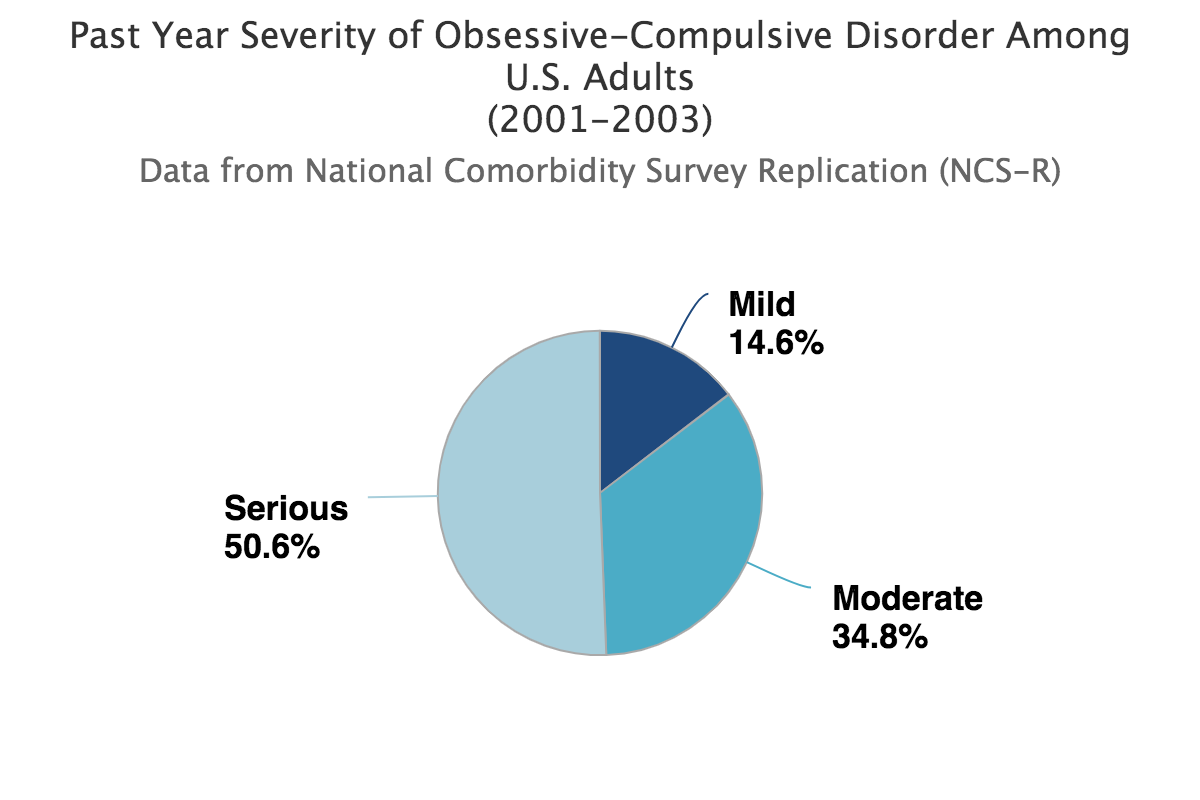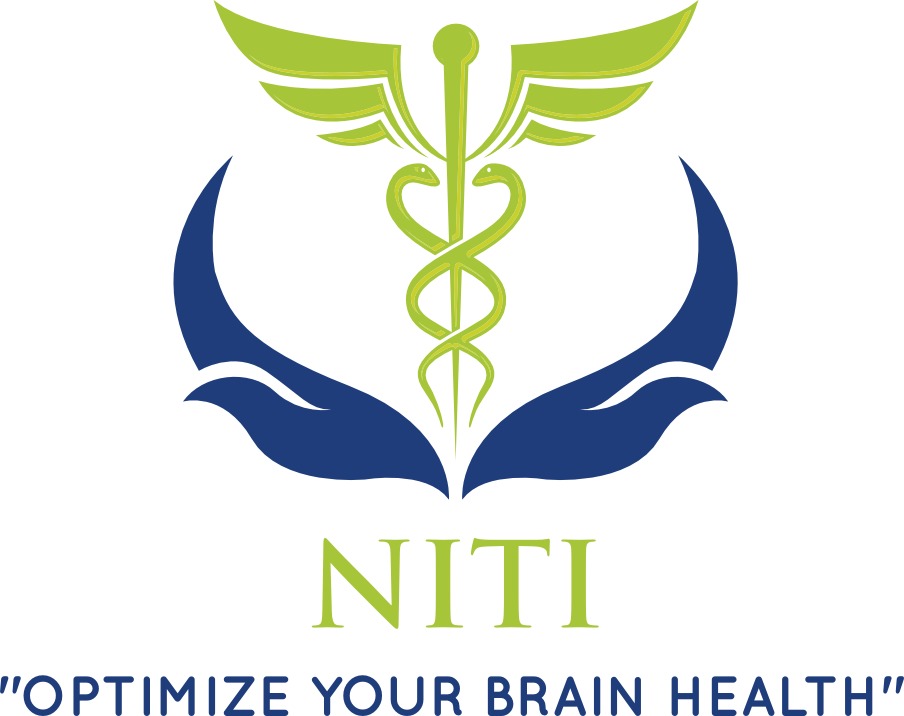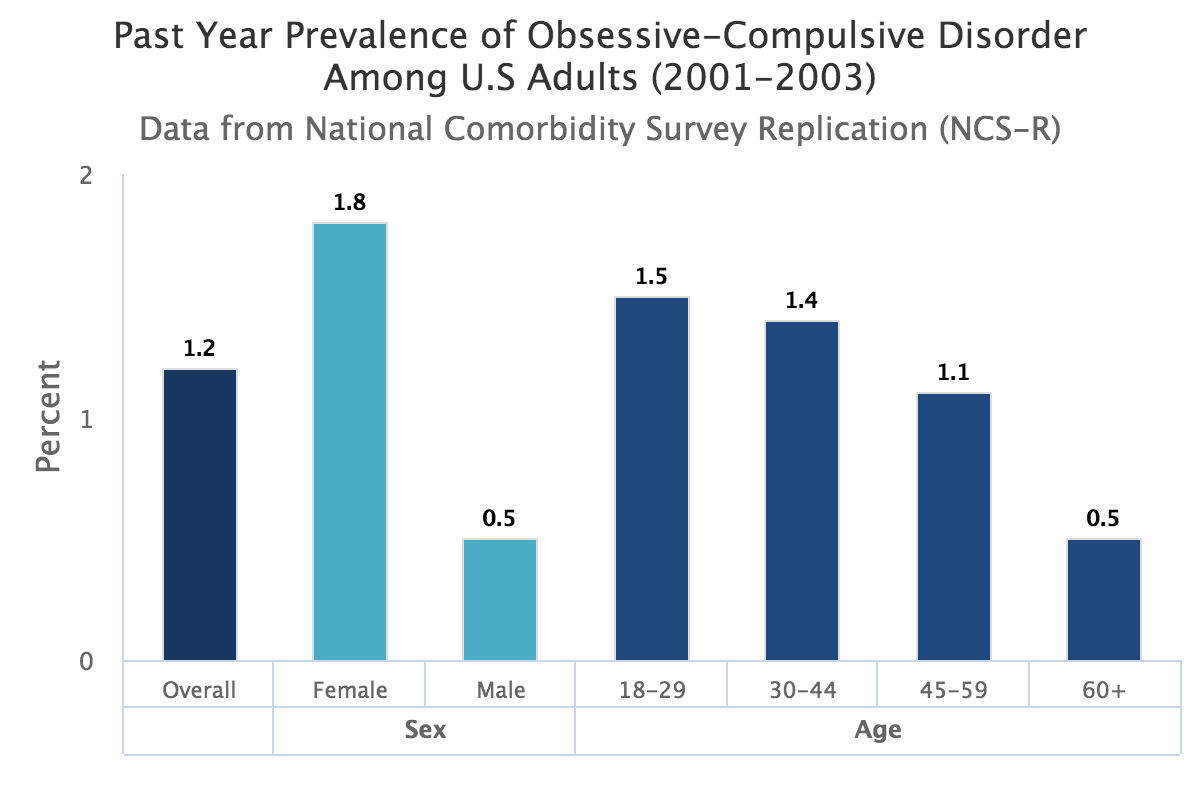Obsessive-Compulsive Disorder (OCD)
Back to Conditions Treated
Obsessive-compulsive disorder (OCD) is often described as a long-lasting disorder in which a person has many uncontrollable, reoccurring thoughts (obsessions), and behaviors (compulsions) that he or she feels the urge to repeat over and over. Many individuals have some form of a milder version of OCD that do not interfere with their day to day or quality of life. According to NIMH…
· Obsessions: These are unwanted ideas or impulses that repeatedly well up in the mind…
· Compulsions: In response to their obsessions, most people with OCD resort to repetitive behaviors…
· Insight: People with OCD show a range of insight into the senselessness of their obsessions.
Treatments for OCD
Some psychotherapy techniques such as Cognitive Behavioral Therapy (CBT) or exposure and prevention strategies with or without medications can be an effective treatment for adults and children with OCD. QEEG brain mapping have shown that individuals with OCD may show abnormal brain wave activity in the parts of their brain associated with strong emotions and their reaction to them, and reflect an imbalance of serotonin. With our integrated treatment approach, we would train the areas of the brain associated with control and emotional reactivity.
Neurofeedback gives the brain direct audiovisual feedback on how well that area is working, and through this feedback the brain can learn to regulate itself better, and reduce symptoms of brain deregulation, as is seen in OCD. Counseling and mindfulness strategies compliment these trainings in addition to using the biofeedback trainings to regulate the intense anxiety felt during OCD episodes. Over time with effective trainings and practicing the coping strategies the brain learns to work better without the feedback, leading to permanent changes and benefits.
Our unique integrated treatment approach
At NITI we start with a free consultation as we would like to spend time to understand your situation and discuss how our customized integrated approach can help alleviate your symptoms of anxiety and life long suffering. We will discuss and show you our treatment modalities so you can make an informed decision.
Our treatments start with EEG (eyes open & eyes closed) recording followed by discussing the findings of a 60 page QEEG report by our BCN (Board Certified Neurofeedback Therapist) clinician to understand the underling primary issues in the brain that may be causing the symptoms of anxiety. This assessment along with other psychological assessments help our clinician to create a customized treatment protocol.
You do not have to quit taking medication to participate in out treatments. In fact, we will work with you and your physician to decrease the needs of medication as your treatment progresses and you start to feel better. Our goal is to make you learn skills and re-train your brains dysregulated pathways so that you will not rely on medications and instead lead a worry free life.
Through brain training and using neuroplasticity, a person can change their thinking habits and diminish anxiety symptoms. The best part is that one’s your brain is optimally functioning and you have learnt effective coping skills the improvements sustain after you stop treatments.
Please ask our clinicians to share with you pre and post treatment QEEGs to show how effective our treatments are. If you are still not convinced then we can let you speak with our satisfied clients and seek their experiences.
Call today to make a free consultation appointment 815-931-0047
We do accept most major insurance PPO plans.
According to National Institute of Mental Health NIMH.
Prevalence of Obsessive-Compulsive Disorder Among Adults
· Based on diagnostic interview data from the National Comorbidity Survey Replication (NCS-R), Figure 1 shows past year prevalence of OCD among U.S. adults aged 18 or older.1
o An estimated 1.2% of U.S. adults had OCD in the past year.
o Past year prevalence of OCD was higher for females (1.8%) than for males (0.5%).
· Lifetime prevalence of OCD among U.S. adults was 2.3%.
Figure 1
Of adults with OCD in the past year, degree of impairment ranged from mild to severe, as shown in Figure 2. Impairment was determined by scores on the Sheehan Disability Scale.
o Among adults with OCD, approximately one half (50.6%) had had serious impairment.1
o Another 34.8% of adults with OCD had moderate impairment, and 14.6% had mild impairment.1
Figure 2

Your Health Starts Here
If you think that you or someone you know may benefit from our treatments
please call for a free consultation at 815-931-0047


